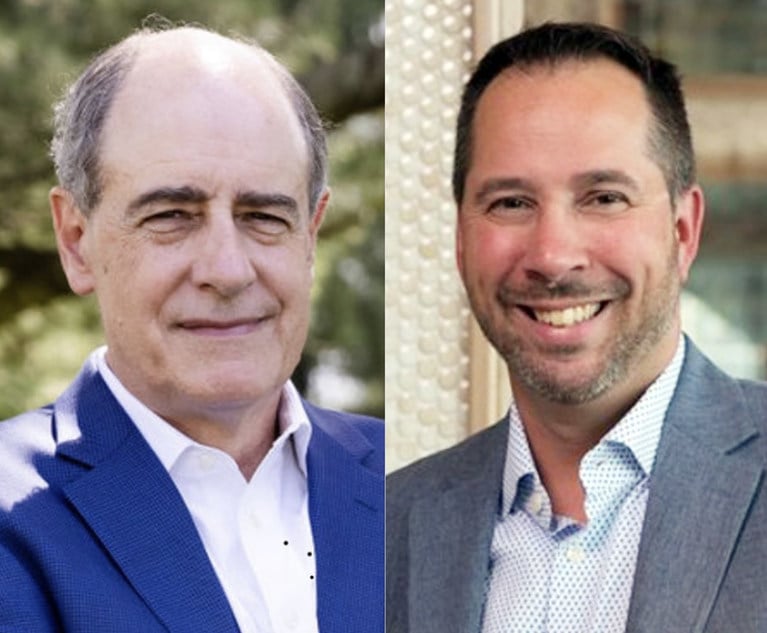Many midsize law firms are reporting what seems to be surprisingly stable revenue and billable hours during the pandemic that hit the United States in mid-March, and even reporting growth in practice areas handling issues connected to COVID-19—such as business counseling related to the Coronavirus Aid, Relief and Economic Security Act, human resources and employment matters, and insurance and bankruptcy.
Family law and trusts and estates also have witnessed increases, according to firm leaders, who say growth in these areas has helped to cushion other losses in litigation practices, slowed due to court closures, as well as delayed client payments.


 David Pudlin
David Pudlin





